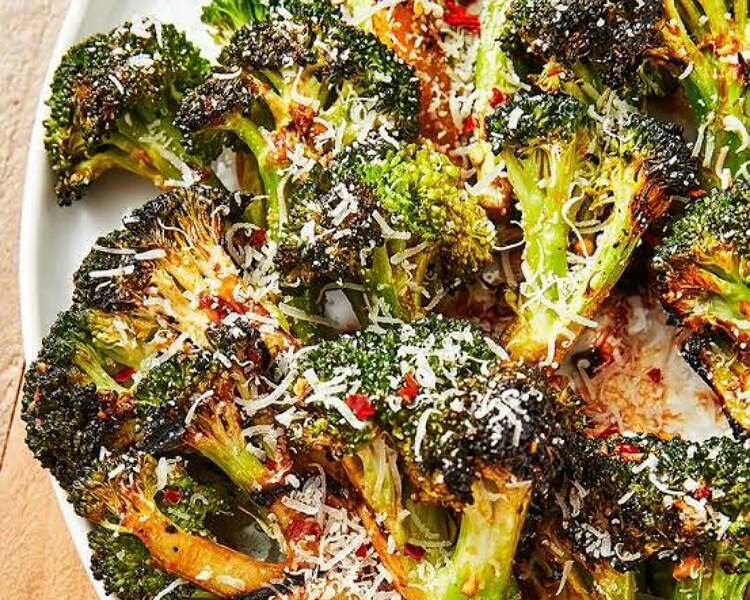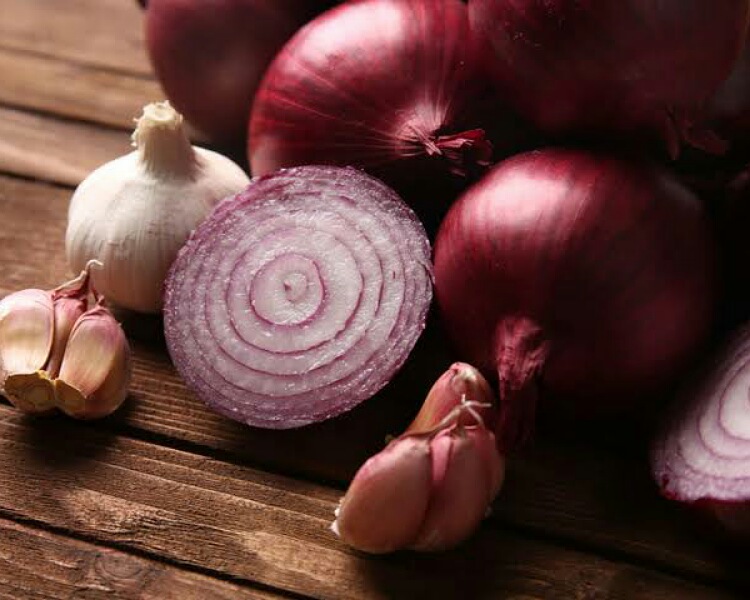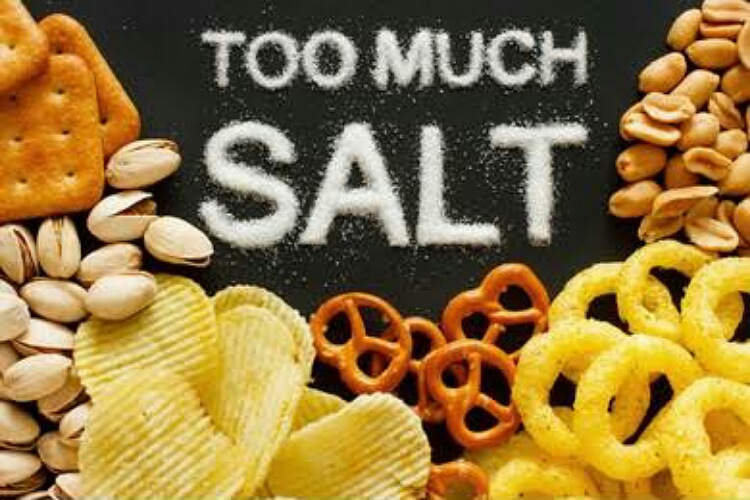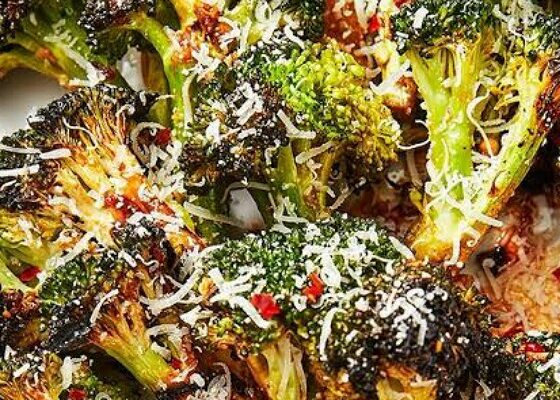Bloating is a common problem. Causes are multiple. But there are certain foods that can aggravate it. While other foods can relieve it. Which foods worse this symptom?
Bloating
Bloating is a feeling of fullness or swelling in the abdomen. Causes are multiple of this ailment. Constipation can make you feel bloated. And excessive eating can also cause it. Moreover, lactose intolerance and gas formation also leads to it. The gas in the intestines result as a result of high protein, high carbs and high fiber foods on which gut microorganisms act. Quick consumption of food can also cause it. There could be other sinister causes as well such as cancer or its treatment.
The person notices a tightness of the abdomen. There may be discomfort and pain with loss of appetite.

Carb rich foods are major culprits of bloating. Those who have gluten sensitivity, lactose intolerance, irritable bowel syndrome or IBS, celiac disease etc are particularly prone to problems with high carb foods. In these people their gut cannot digest and absorb certain carbs such as FODMAP. This stands for fermentable oligosaccharides, disaccharides, monosaccharides, and polyols.
The worst foods
Broccoli, kale, cabbage
These have raffinose that is not digested until bacteria from the gut acts on it. This produces gas and bloating. But continuing to eat them helps. Dietitian Cynthia Sass states:
“Consistently eating nutrient-rich, high-fiber foods leads to having a stronger, healthier digestive system that’s less prone to bloating,”
Cook or steam these vegetables to lessen their bloating effect.
Legumes
These and soybeans cause gas. They are protein rich with lots of carbs and fiber. The body cannot process the latter two. They reach the large intestines where the gut flora acts on them to produce gas. Have them with wheat or quinoa to lessen the hard-working effect and make eating them a habit. Cynthia adds:
“If you eat fruits, veggies, nuts, whole grains, and beans often, they won’t bother you as much as if you eat them sporadically,”
Dairy
They cause bloating in lactose intolerant people. To avoid it, eliminate milk from diet and use milk substitutes. Alternatively, use oral lactase to assist lactose digestion.
Wheat

Gluten in wheat is not digested well especially in gluten intolerant people. These reach the small intestines and by the bacteria action there produce gas and bloating.
Onions and garlic
They have fructans which are soluble fibers. The human body cannot digest this. And bacterial action on them produces gas. Some people are also intolerant to fructans. These absorb water into colon and cause loose motions too.
Apples, pears, peaches, prunes
These have high fiber and also fructose and sorbitol. They are not digested well and cause gas. Have them but in moderation. And have them separately from meals to avoid more risk.
Watermelon
It is high in fructose and this is not digested well in the human gut. Bacterial action on it produces gas. Low fructose fruits are tropical fruits and bananas.

Also, read Gastritis: foods to eat and foods to avoid!
Salty foods
High salt foods produces osmotic water retention in gut and bloating. Processed and packaged foods have high sodium content and can cause bloating. If you eat them, have lots of water to help flush out the salt.
